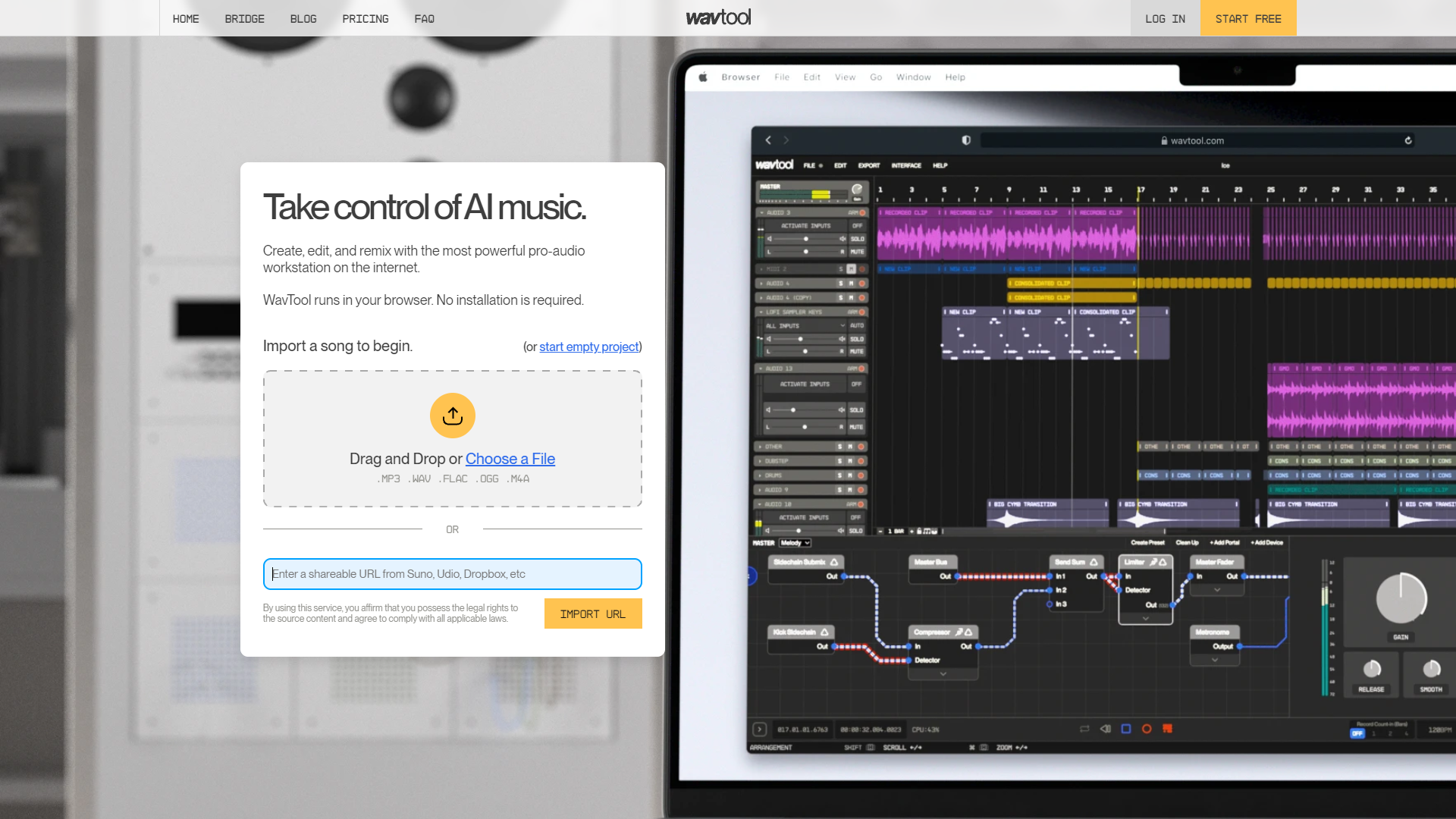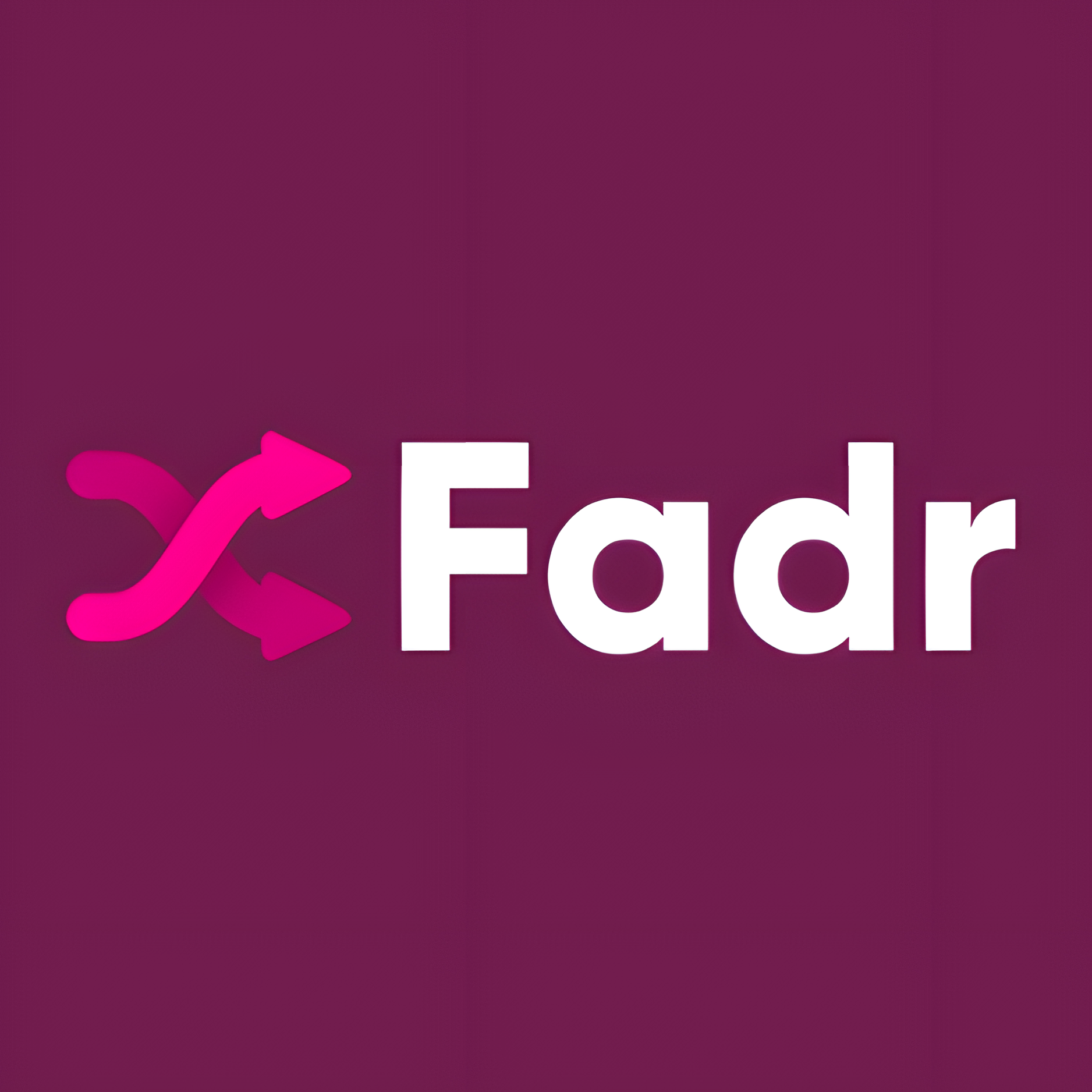Overview
WavTool is an innovative, browser-based pro-audio workstation designed to streamline and enhance the music and audio production process. This powerful platform integrates advanced AI technologies to facilitate a range of tasks from stem separation and audio generation to audio-to-MIDI transcription. With no installation required, users can easily access WavTool from any browser, upload their audio files in multiple formats such as .mp3, .wav, .flac, .ogg, and .m4a, or use URLs to import songs directly.
The platform is equipped with unique AI assistants to boost productivity and creativity. 'Conductor', a multi-modal music chatbot, aids in adding chord progressions, performing timbre transfers, and splitting stems, while 'Composer' offers live MIDI autocomplete suggestions to help users navigate through creative blocks by adapting to the musical context of the project. WavTool also emphasizes a human-centric approach in its design, actively involving musicians in the development process to ensure the tools enhance artistic expression effectively.
WavTool's comprehensive feature set includes recording capabilities for both audio and MIDI, a modular synthesis chain editor, audio warping, and cloud-based project saving. It supports VST & AU plugins, offers open-source synthesizers, and enables live-coding of synths and effects, making it a robust solution for professional audio production. The platform encourages user collaboration and continuous innovation, with updates and community engagement available through Discord and other social media channels.
Key features
- AI-accelerated workflows: Utilizes advanced artificial intelligence to streamline music production processes, enhancing efficiency and creativity in editing and remixing audio.
- Browser-based platform: Operates entirely online with no installation required, making it accessible from any device with internet connectivity.
- Comprehensive format support: Supports a wide range of audio formats including .mp3, .wav, .flac, .ogg, and .m4a, facilitating easy import and export of files.
- Advanced audio tools: Features like stem separation, audio-to-MIDI transcription, and AI-powered audio generation cater to professional production needs.
- Interactive music assistants: Conductor and Composer assist with musical tasks using AI, from adding chord progressions to offering MIDI autocomplete suggestions.
- Collaborative and customizable: Allows for live collaboration, supports VST & AU plugins, and offers customizable UI to suit individual workflow preferences.
 Pros
Pros
- Real-time feedback: Provides instant visual and auditory feedback on adjustments, helping users fine-tune effects and mixes with precision.
- Cloud storage integration: Seamlessly integrates with cloud storage services, enabling easy access and backup of music projects from anywhere.
- Multi-track editing: Allows simultaneous editing of multiple audio tracks, enhancing the ability to layer, mix, and produce complex compositions.
- Dynamic sound library: Offers an extensive library of sounds and loops, updated regularly to keep creative options fresh and diverse.
- Accessibility features: Includes options for text-to-speech and speech-to-text, making the platform more accessible to users with disabilities.
 Cons
Cons
- Internet dependency: Requires a stable and fast internet connection to function effectively, which can be limiting in areas with poor connectivity.
- Limited offline capabilities: Being browser-based, it lacks offline functionality, restricting access and use when there's no internet connection.
- Privacy concerns: As a cloud-based platform, there are inherent risks related to data privacy and security of uploaded audio files.
- Resource intensive: Advanced AI features and real-time collaboration can be demanding on system resources, potentially slowing down older computers or devices.
- Latency issues: Real-time audio processing and collaboration might experience latency, affecting synchronization and immediate feedback during live sessions.

















